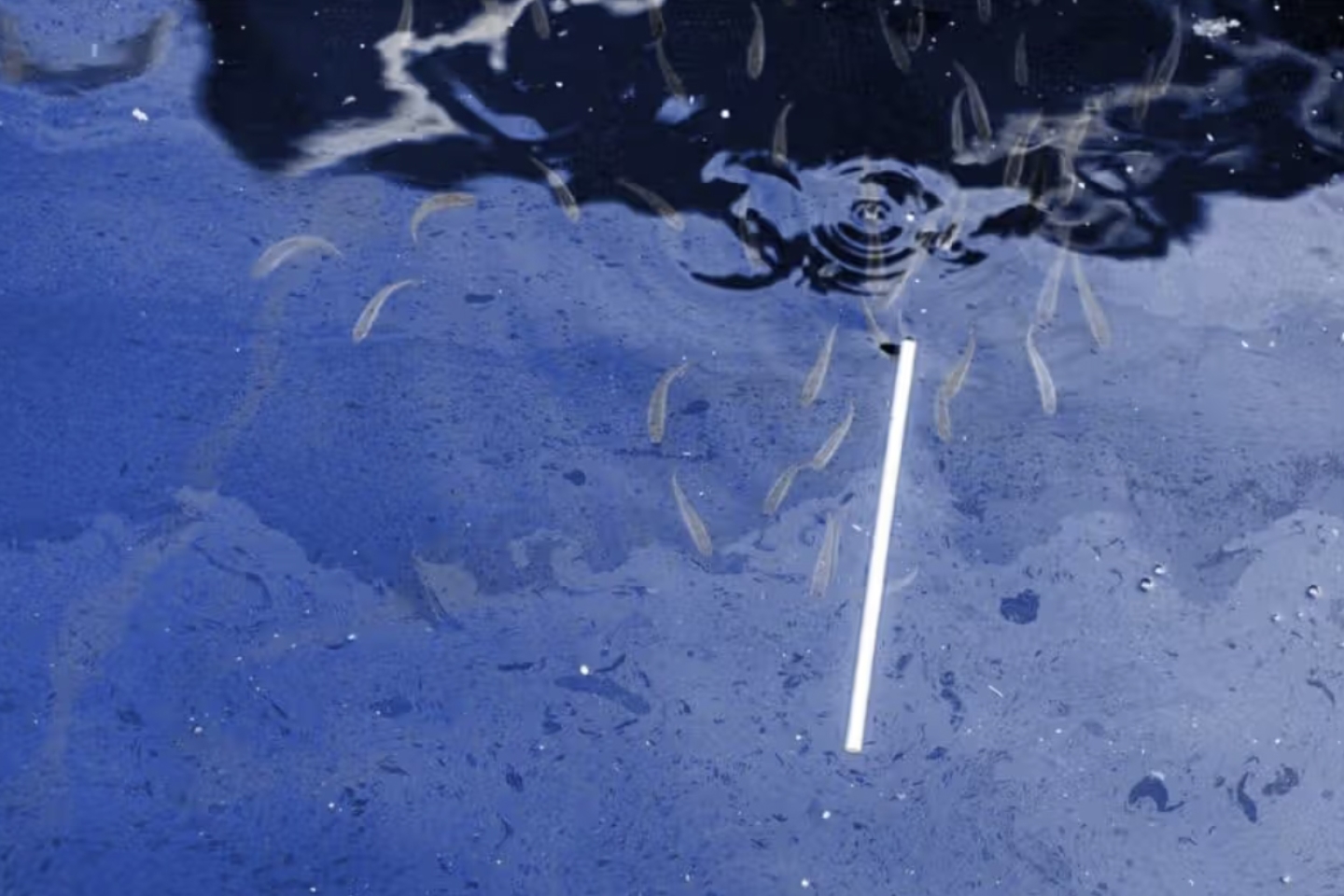
Male infertility continues to be a worldwide problem, but it is not always clear what factors contribute to it.
Due to increasing evidence that microplastics have found their way into different biological systems, from blood to lungs, researchers have become interested in identifying and understanding the potential impact of microplastics on reproductive systems, as well.
A study recently published in Toxicological Sciences has examined microplastics and their presence in male reproductive organs.
Researchers identified 12 different microplastic types in dog and human testis samples. In dogs, researchers found that higher amounts of certain microplastics were associated with reduced sperm counts and testis weight.
As research moves forward, experts hope to better understand how the presence of microplastics may contribute to declines in male fertility.
Infertility involves the inability to conceive after 1 year of unprotected sex. Male infertility accounts for about 20% of infertility cases.
There are many potential causes of male infertility, including endocrine disorders, genetics, and even certain medications. Exposure to environmental toxins can also cause male infertility.
Male infertility can be a significant struggle and can take a particularly heavy psychological toll.
James A. Kashanian, MD, director of Male Sexual Health in the Department of Urology at Weill Cornell Medicine, not involved in the current research, noted the following to Medical News Today:
To read more, click here.